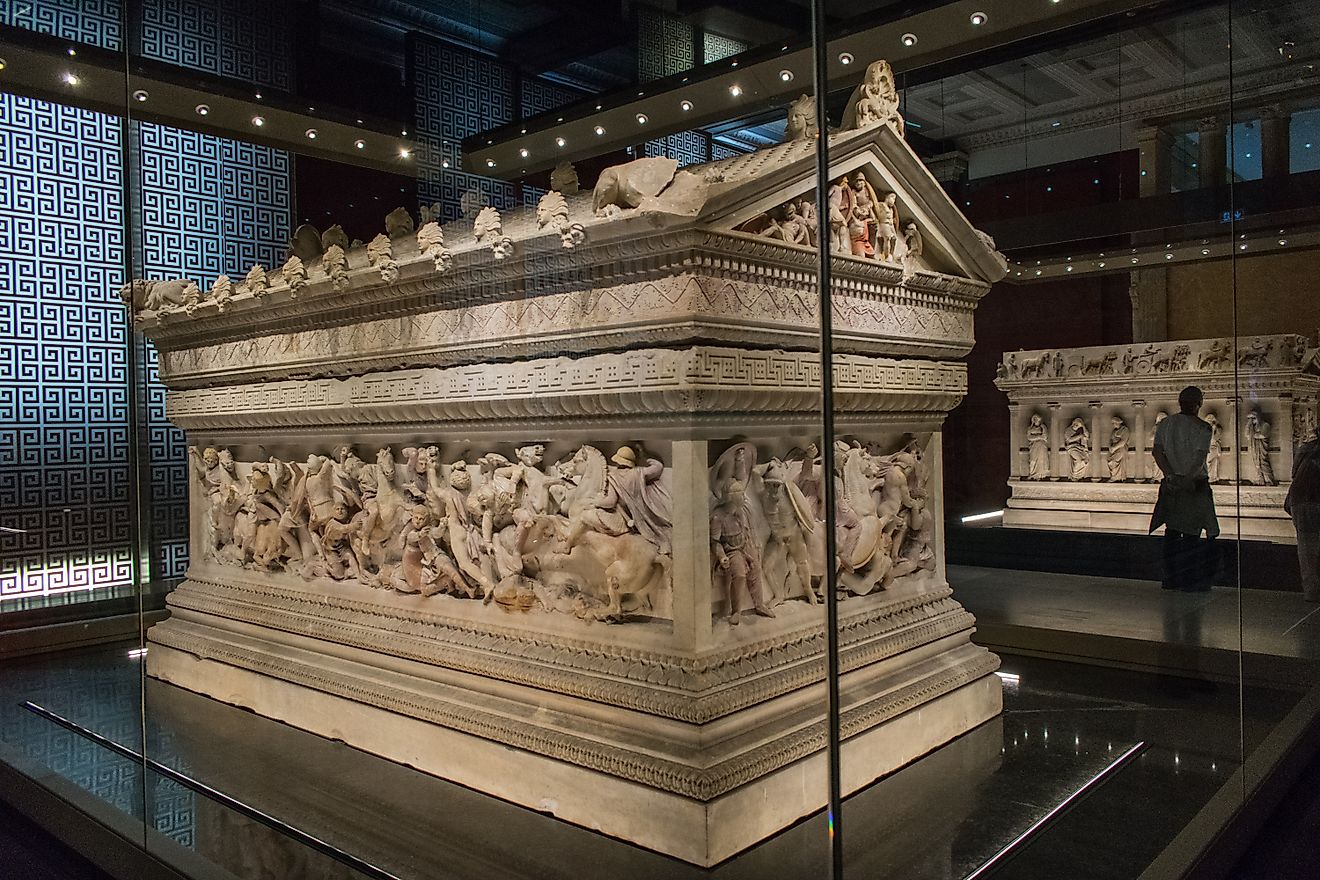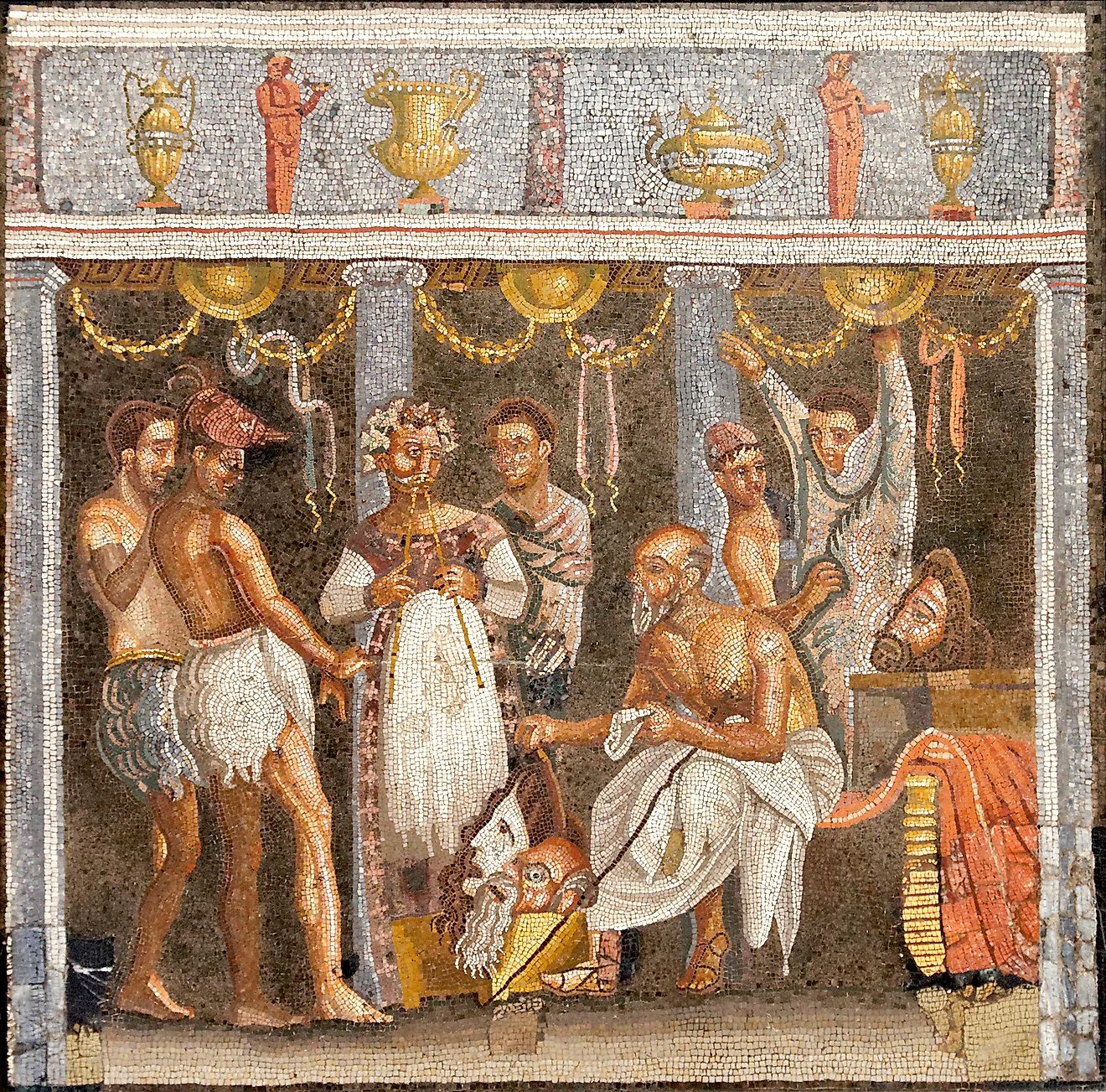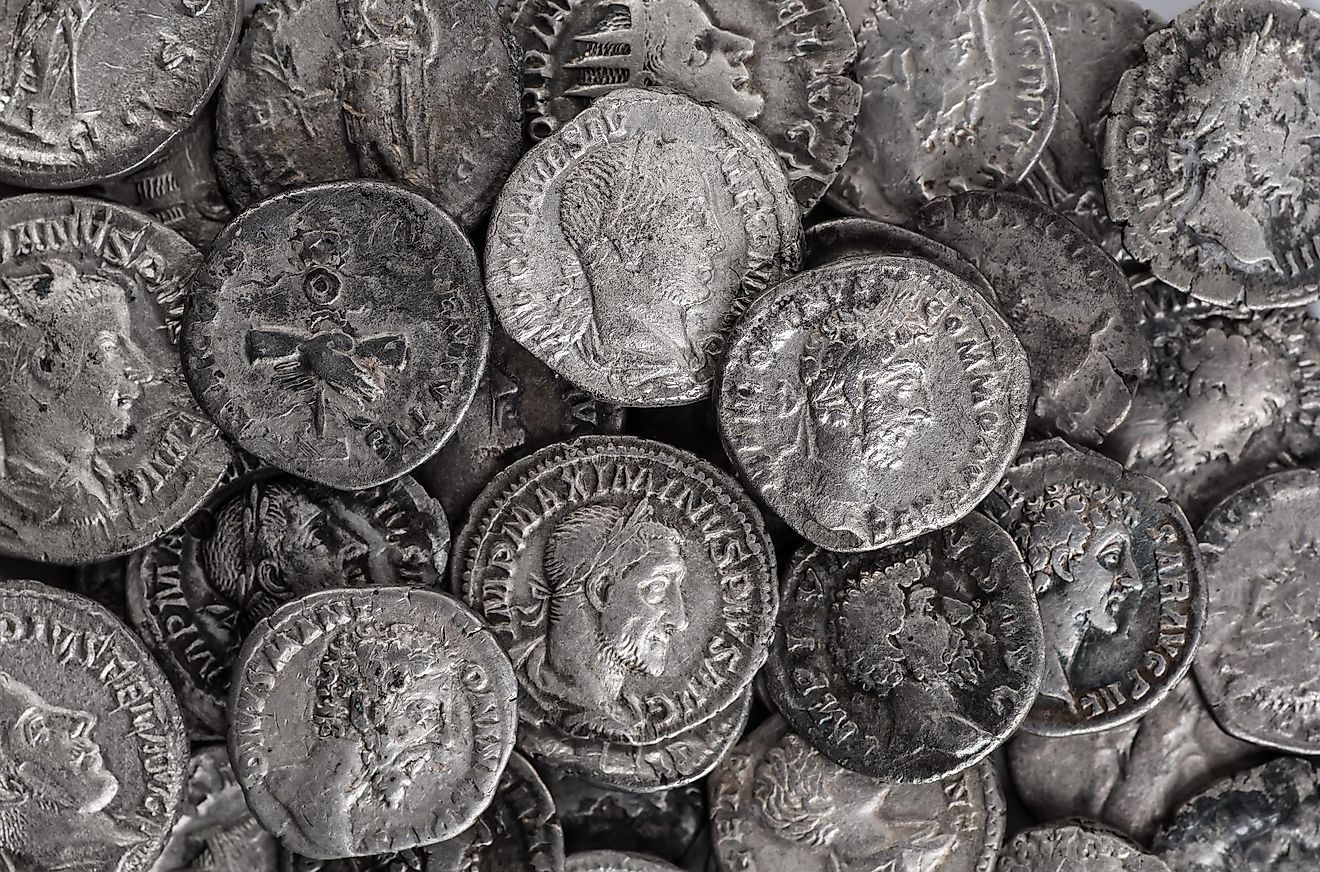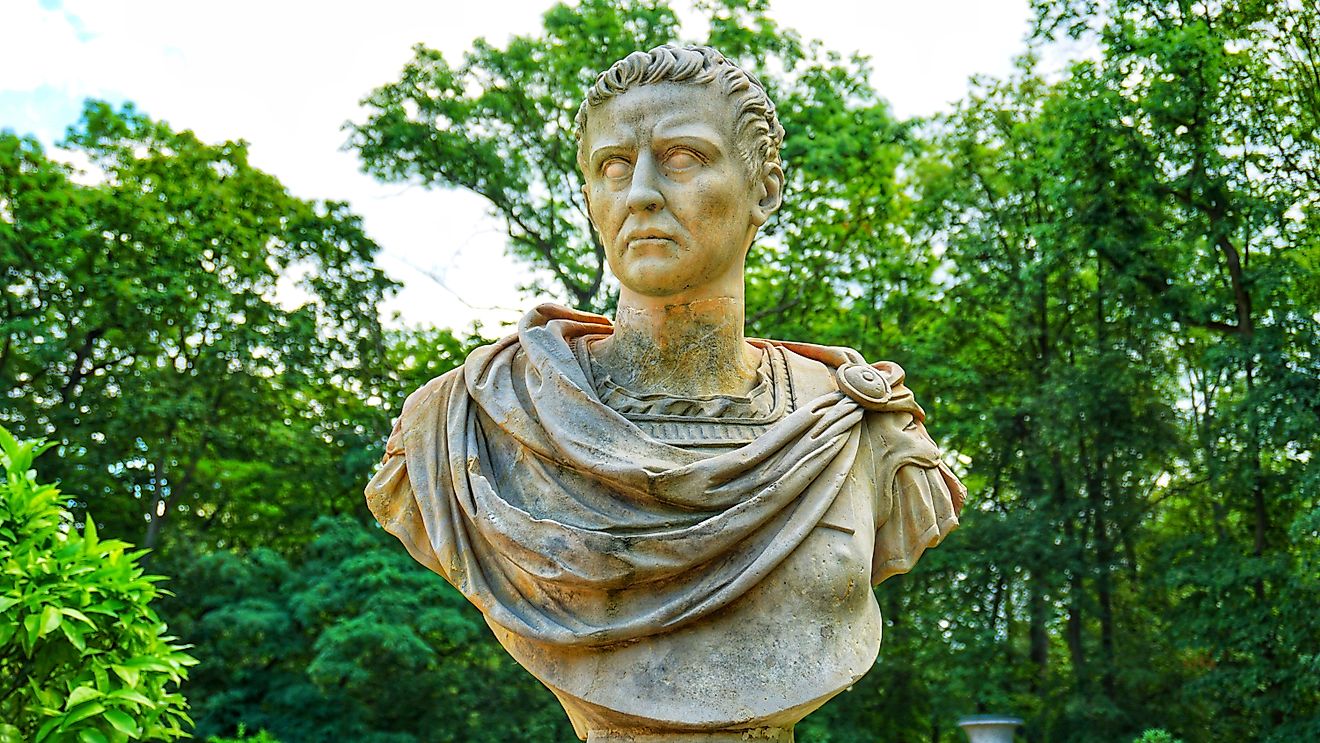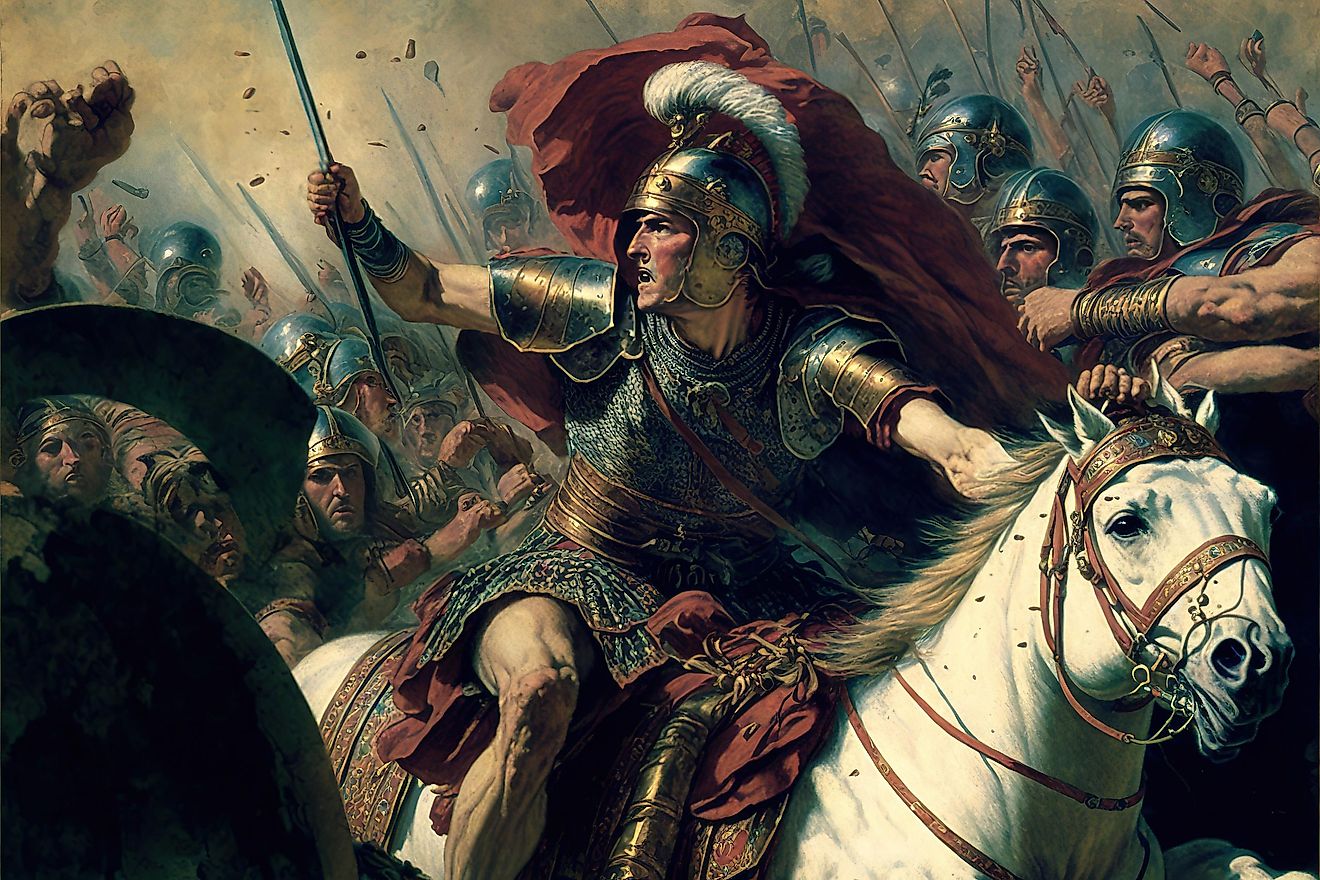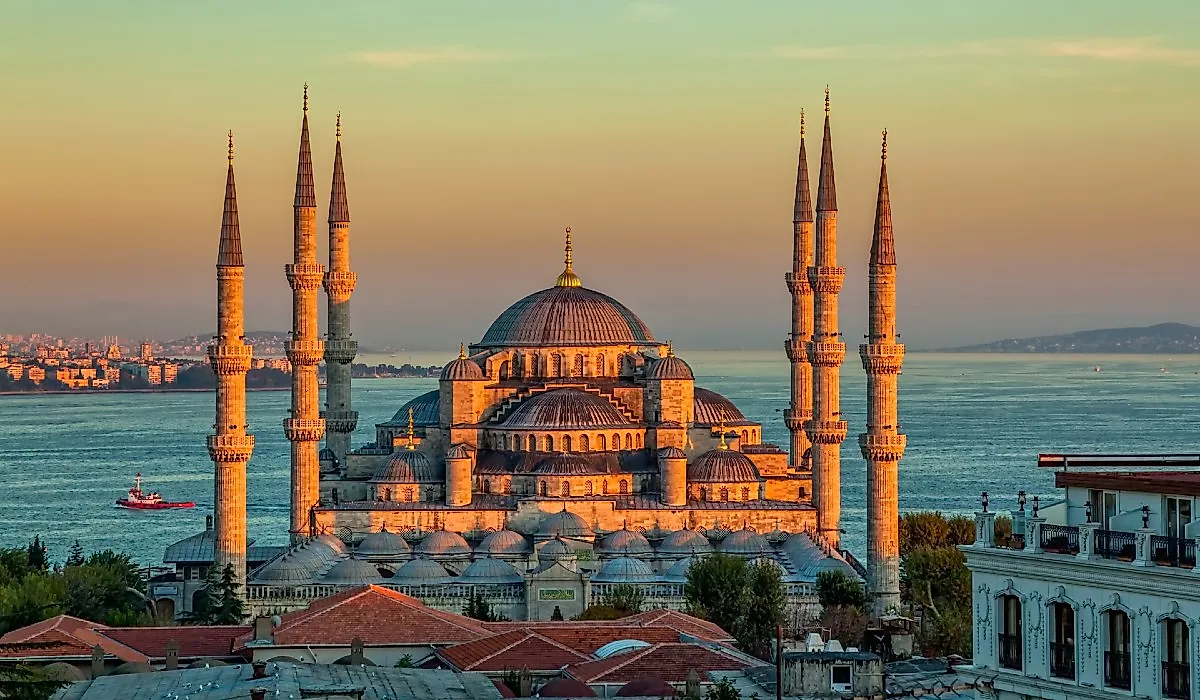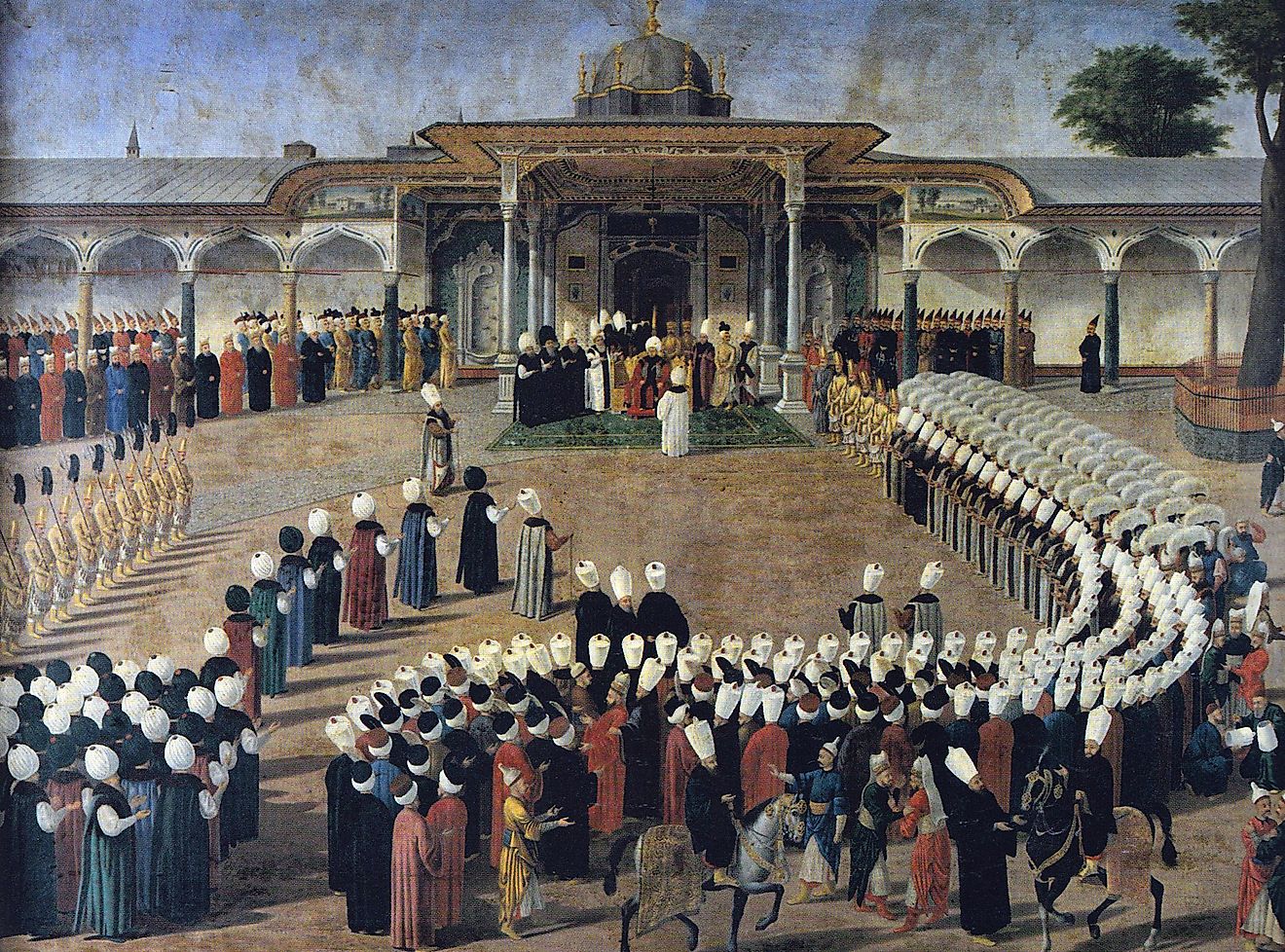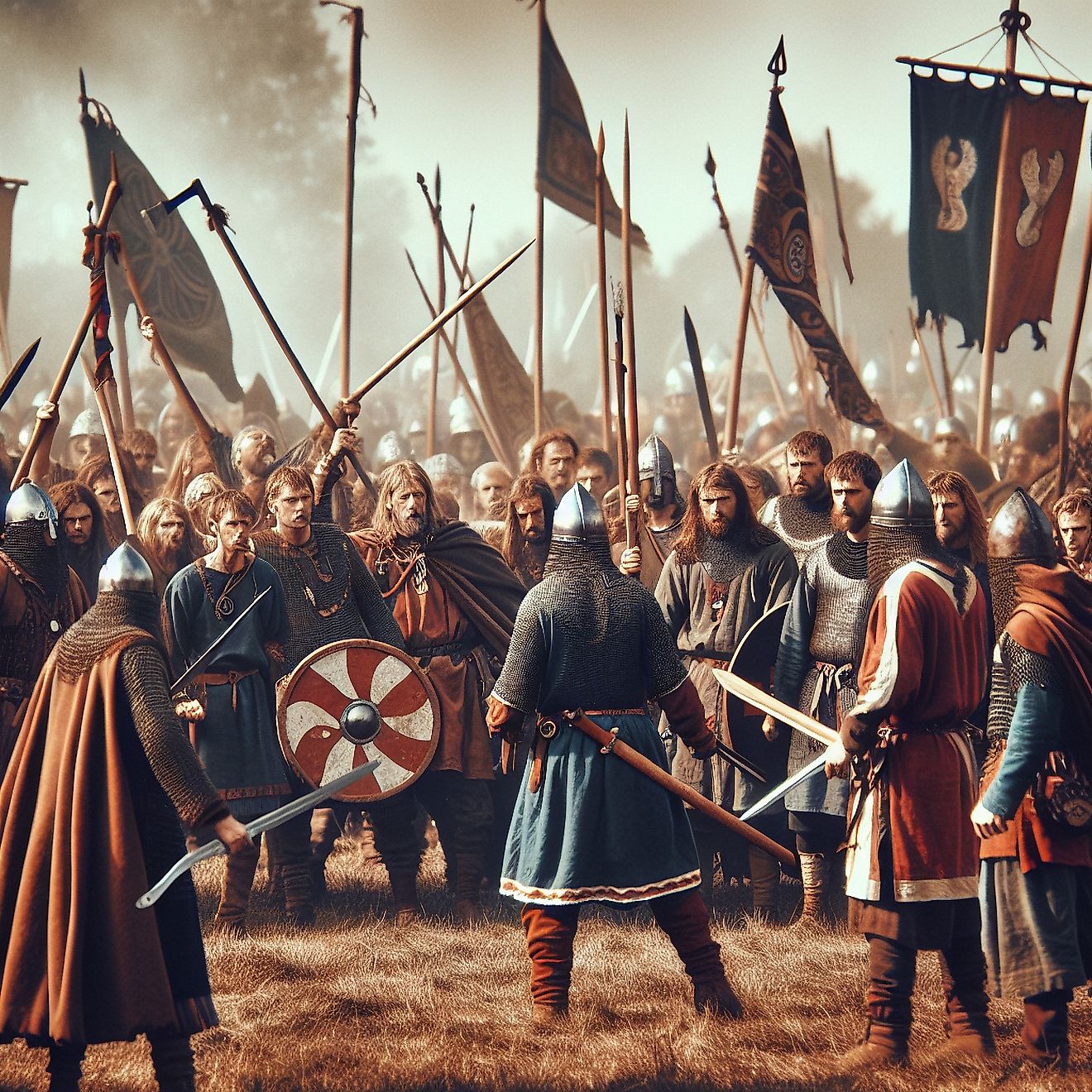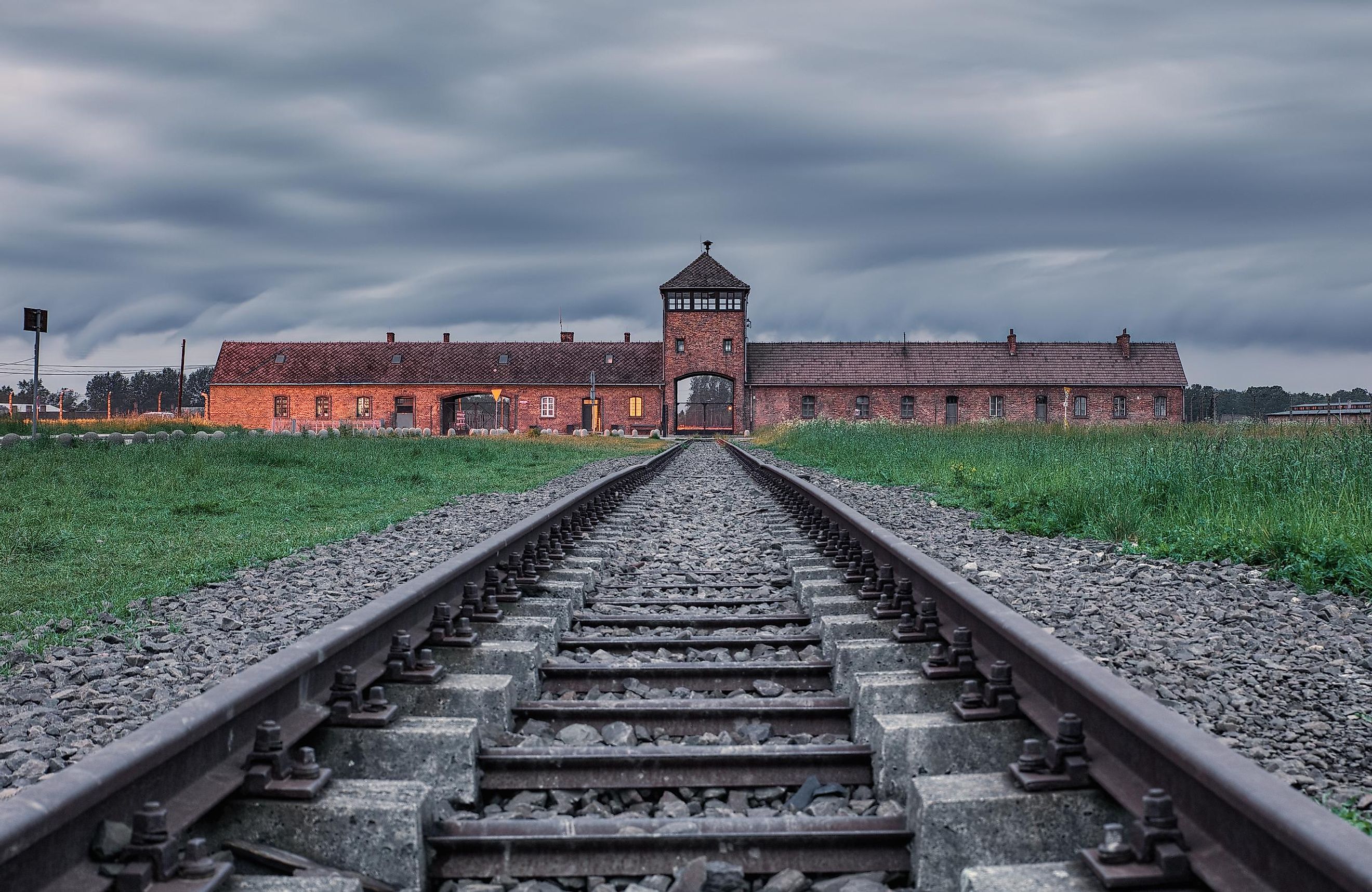
Is Germany Still Paying Reparations For World War 2?
World War II ended with Germany's complete and utter defeat. The immediate aftermath saw the Allies occupy the country. Moreover, Germany was forced to pay 23 billion USD in reparations. Whether or not this debt was completely paid is unclear. Furthermore, certain forms of reparations continue to this day.
World War II
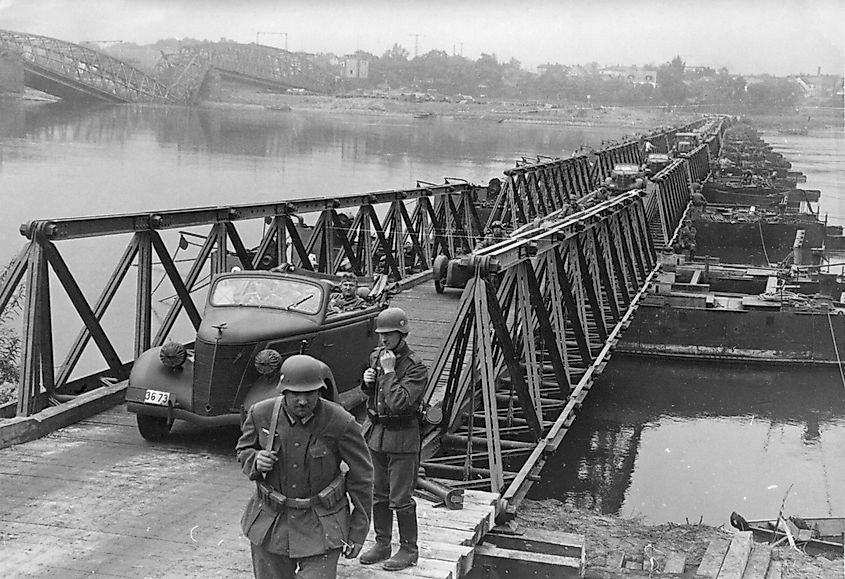
World War II began on September 1st, 1939, when Germany invaded Poland. The battle was over in about a month, with the Wehrmacht quickly overtaking the Polish Army. Germany saw more victories in 1940 with the invasions of Denmark, Norway, the Netherlands, Belgium, Luxembourg, and France. The next major campaign began in June 1941 when Germany attacked the Soviet Union. Despite initial progress, the Wehrmacht got bogged down and pushed back in Moscow and Stalingrad. The Allied invasion of Italy in the summer of 1943 then forced Hitler to divert troops from the Eastern Front. By the summer of 1944, with the Allied invasion of Normandy and the Red Army making steady progress, Germany's defeat was more or less inevitable. Finally, on April 30th, 1945, Hitler committed suicide, effectively ending the European war.
The Postwar Occupation
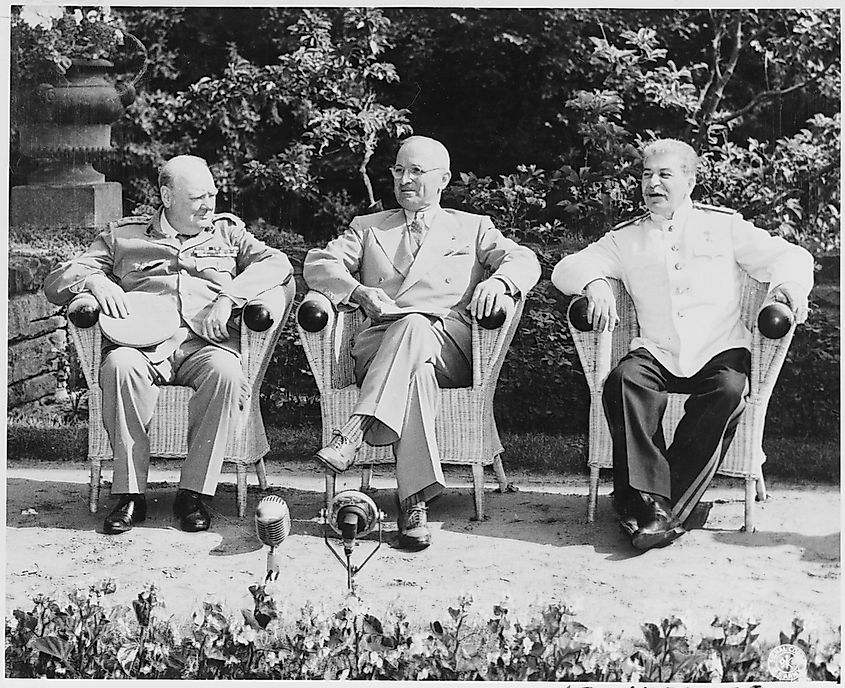
Following the end of World War I, the German Army marched back home, leading many Germans to believe that they had not truly lost. The Allies had no intention of making the same mistake twice. Therefore, the United States, the United Kingdom, France, and the Soviet Union directly occupied Germany after World War II. This can be understood as the first step in the reparations process, with the Allies all gaining access to Germany's resources via the occupation
Meeting in Potsdam in the summer of 1945, the Allied leaders made plans for how to govern Germany. The main takeaways were as follows: Germany was to be completely demilitarized, even more so than after the First World War. This demilitarisation has only changed in recent years, with Germany's military budget tripling in 2022 following Russia's invasion of Ukraine. Democratization was also discussed in Potsdam. However, tensions between the Soviets and the Western Allies eventually culminated in the establishment of the democratic West Germany and the non-democratic East Germany. This split lasted until 1990 when Germany reunified as a single, democratic country. Finally, denazification was also discussed. Perhaps the most notable event in this process was the Nuremberg Trials, in which hundreds of Nazis were tried for their role in the crimes of the Third Reich. Denazification can thus be understood as a form of reparations due to it bringing some justice to those who had been wronged by the Nazis.
Reparations - The Takeaway
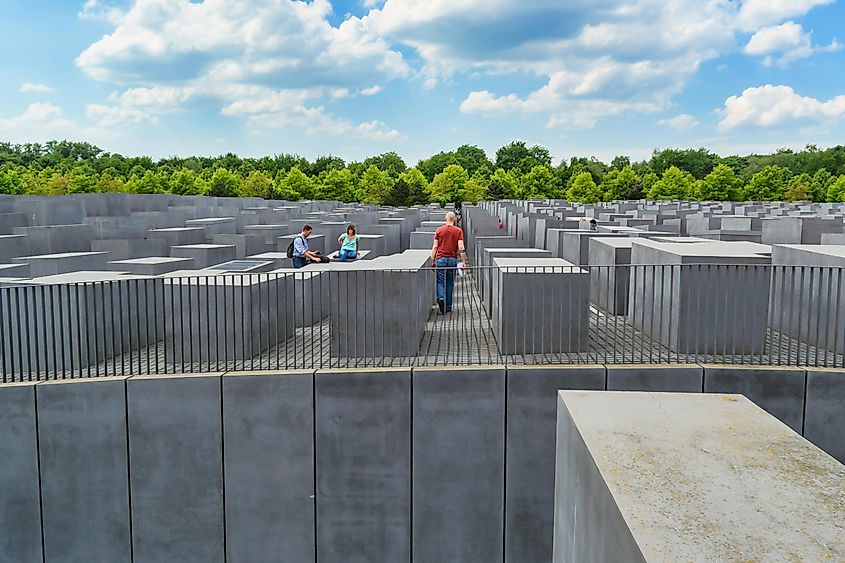
Regarding the more direct reparations payments, the Allies determined that the true cost of the war was about 320 billion USD. But, since this amount could not realistically be paid off, a different approach was required. This led to disagreements amongst the Western Allies. France wanted Germany's wealth to be completely removed to ensure no future wars, whereas the United States and the United Kingdom wanted Germany to have enough power to help Europe in the post-war economic recovery. Ultimately, the latter approach was taken, with the United States providing billions of dollars in aid to Europe (including Germany) through the Marshall Plan. Nonetheless, Germany was still ordered to pay over 23 billion dollars in reparations. By 1965, it had paid off four billion USD. By 2000, (accounting for interest) it had paid off almost 40 billion USD. Nonetheless, some politicians in countries like Poland, Greece, and Israel claim that they are still owed reparations.
Perhaps the most crucial aspect of Germany's reparations relates to the Holocaust. Six million Jews were killed in World War II, two out of every three in Europe. But, when the state of Israel was created in 1948, it was now possible for Germany to pay reparations to Jews via an organized political unit. Therefore, in September 1952, West Germany agreed to pay Israel three billion Deutschmarks (714 million USD) over the next 14 years. Furthermore, Holocaust survivors continue to receive restitution payments to this day. Indeed, from 1945 to 2018, Germany paid over 86 billion USD to these survivors.
Germany is still paying reparations for World War II. Some countries contest that they are still owed reparations, and Germany continues to face pressure to finalize payments. Moreover, Germany continues to pay monetary reparations to Holocaust survivors.
